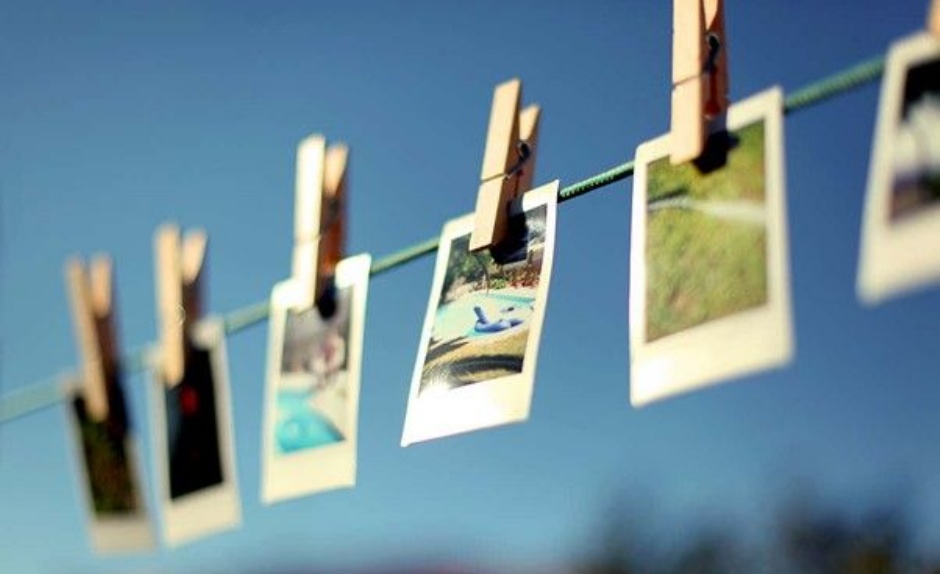Don't forget to remember ...

I often encourage boys to use memories from their past as a starting point for their writing, especially when someone tells me that they do not know what to write about. Memory serves as a powerful tool in our lives, and it is often very disconcerting when we struggle to remember something. Those of us who have family or loved ones facing challenges with dementia can attest to the pain of seeing someone struggle to pull all the strands of their life together because they have been lost in the ether.
Our memories can often serve as a source of great comfort, especially when we have lost someone close to us. I have enduring memories of going on holiday with my father. He loved caravanning and the sea, and we would often camp along the South African coast somewhere over the Christmas holidays, and enjoy the warmth of the Indian Ocean at that time of year. These holidays had a very definite soundtrack to them (from a mix-tape of old bangers that my father loved): Good Vibrations by the Beach Boys, California Blue by Roy Orbison, Taking it Easy by The Eagles, and Wild Thing by The Troggs being firm favourites, and indelibly seared into my memory! I now find myself playing a lot of these numbers while cooking – a passion inherited from my dad – and a time when I can enjoy my own company. The comfort I receive from reliving those happy moments is invaluable, and I often find myself feeling a lot brighter about whatever life may have tossed my way.
Reliving positive memories can help us to appreciate the social connections we still have in our lives. Our relationships with others are crucial to living a healthy, balanced life. People are often mirrors through which we see ourselves reflected back to us, thus enabling us to regulate our emotions and respond appropriately to whatever is going on in our world. Having people in our lives who can tell us when we’re wrong and provide support when the going gets tough is one of life’s greatest gifts.
Comforting memories have an uncanny way of mitigating feelings of anxiety and depression. We can draw from past experiences to help us remember that nothing remains the same forever, and whatever difficulties we may be going through will not necessarily remain a permanent fixture in our lives. They also help us to experience a sense of identity and continuity. Being able to measure how far we have come over time, and drawing on our relationships with others with whom we do life, can renew a sense of hope for the future.
Much of our wellbeing is linked to memory. There is much research which suggests that individuals who are more anxious by nature often see the world through lenses that are emotionally tinted. Continually living in a state of anxiety can have a lasting impact on our working memory, and we need to remain vigilant when it comes to guarding this part of ourselves. People who have experienced trauma are sometimes prone to losing the ability to remember certain events in their lives; a psychological coping mechanism for dealing with distressing events. By curating our memories in such a way that we are able to draw strength from them, it is an extremely helpful tool in developing resilience and effective coping strategies.
Taking the time to reflect on what has been, and remembering the times when we coped well with a difficult situation, or had fun with a loved one, is an undervalued discipline, and one that we should try to incorporate into our lives more and more. Perhaps this half-term break will provide us with an opportunity to take some time and out to do just that.
Craig Cuyler
Director of Wellbeing/Head of PSHEe/
Deputy DSL/ Assistant Housemaster







